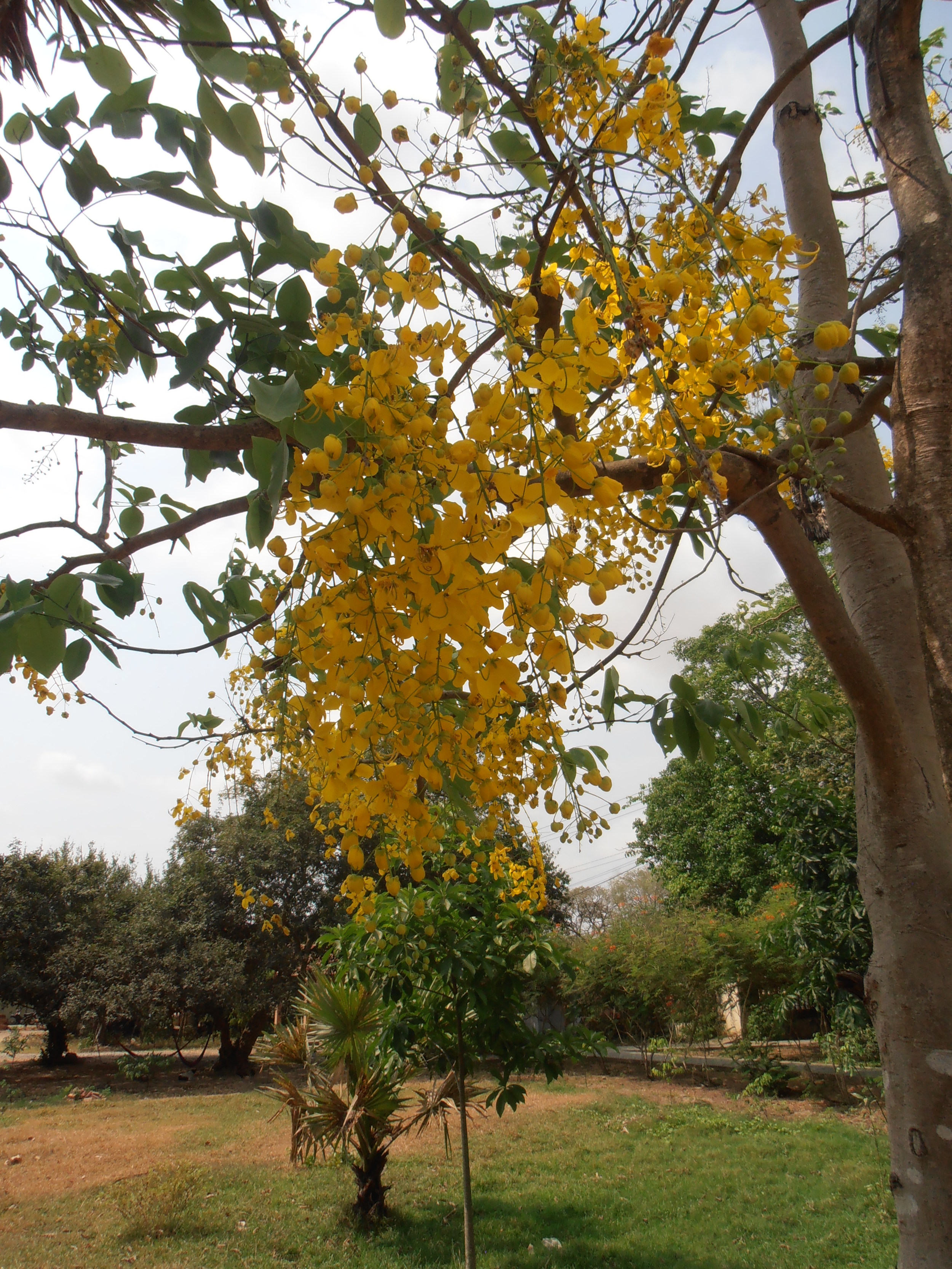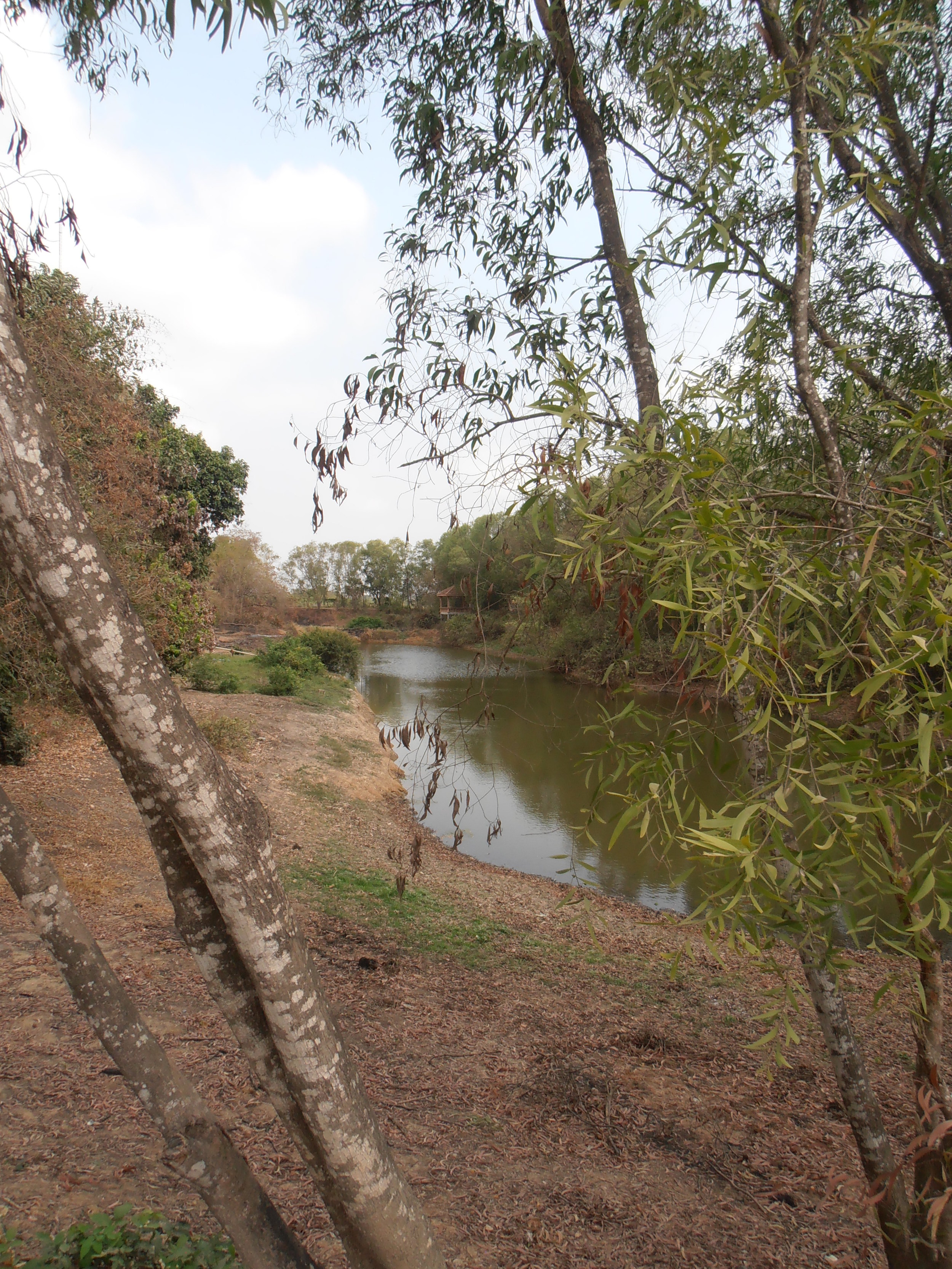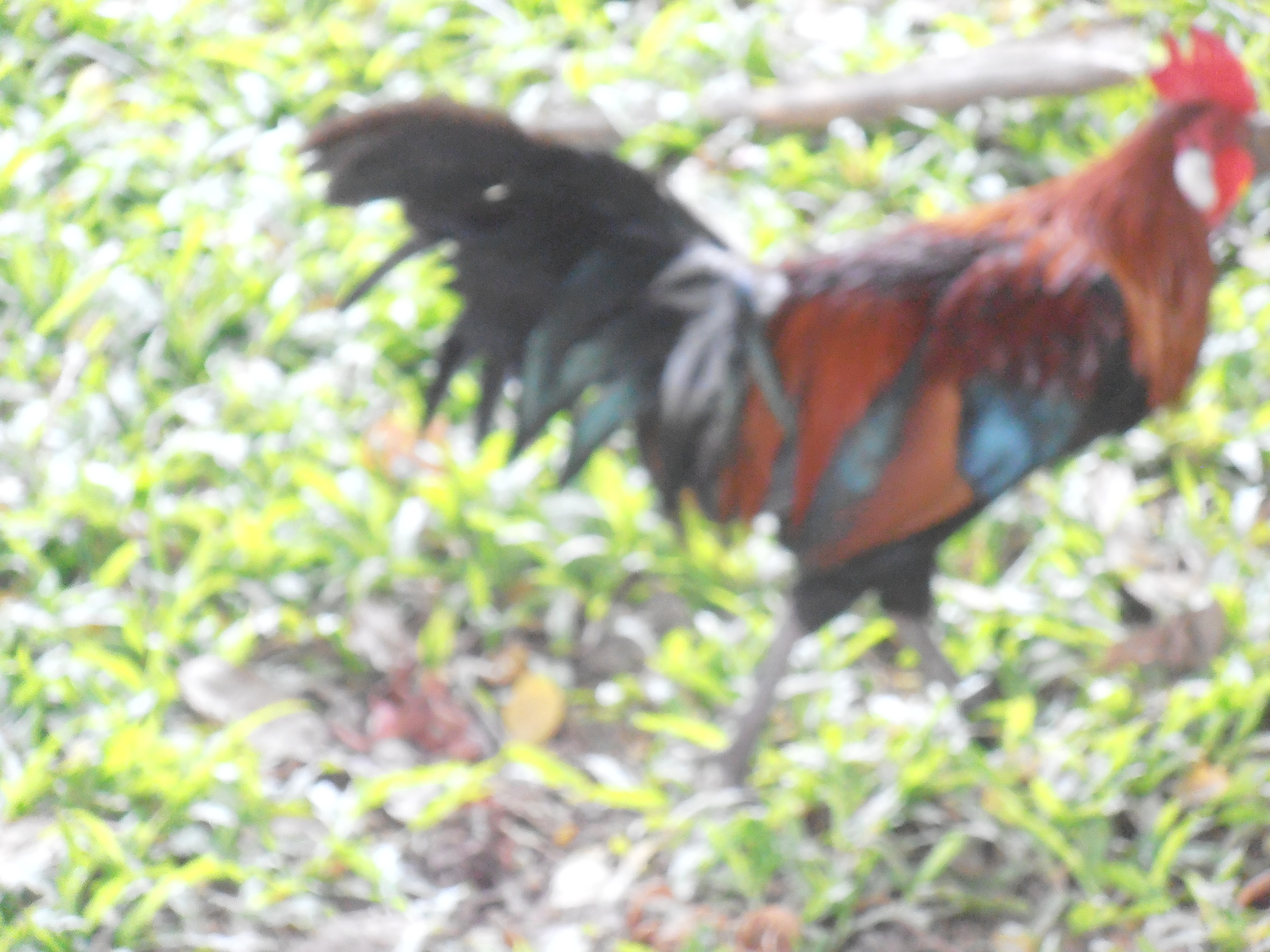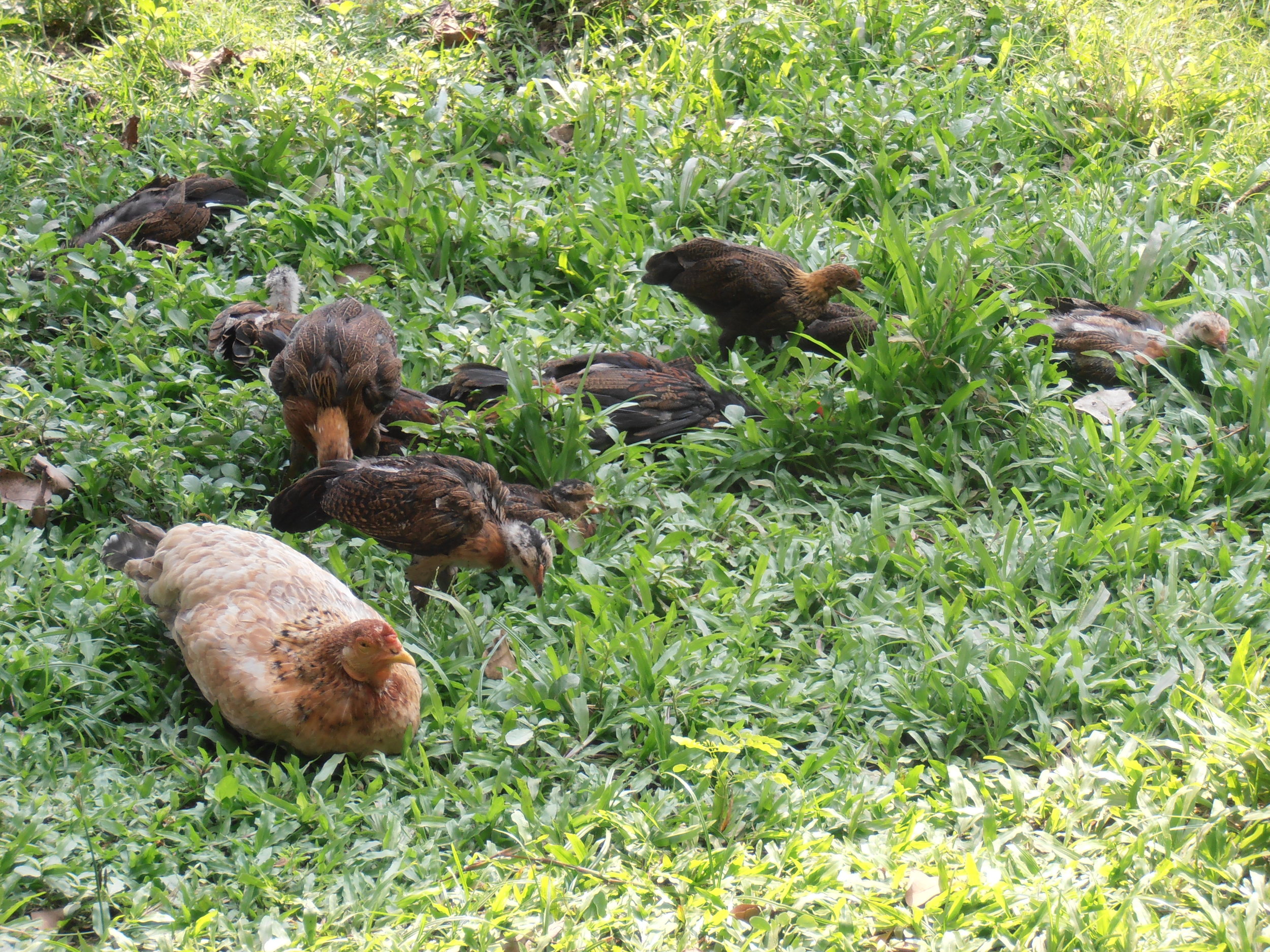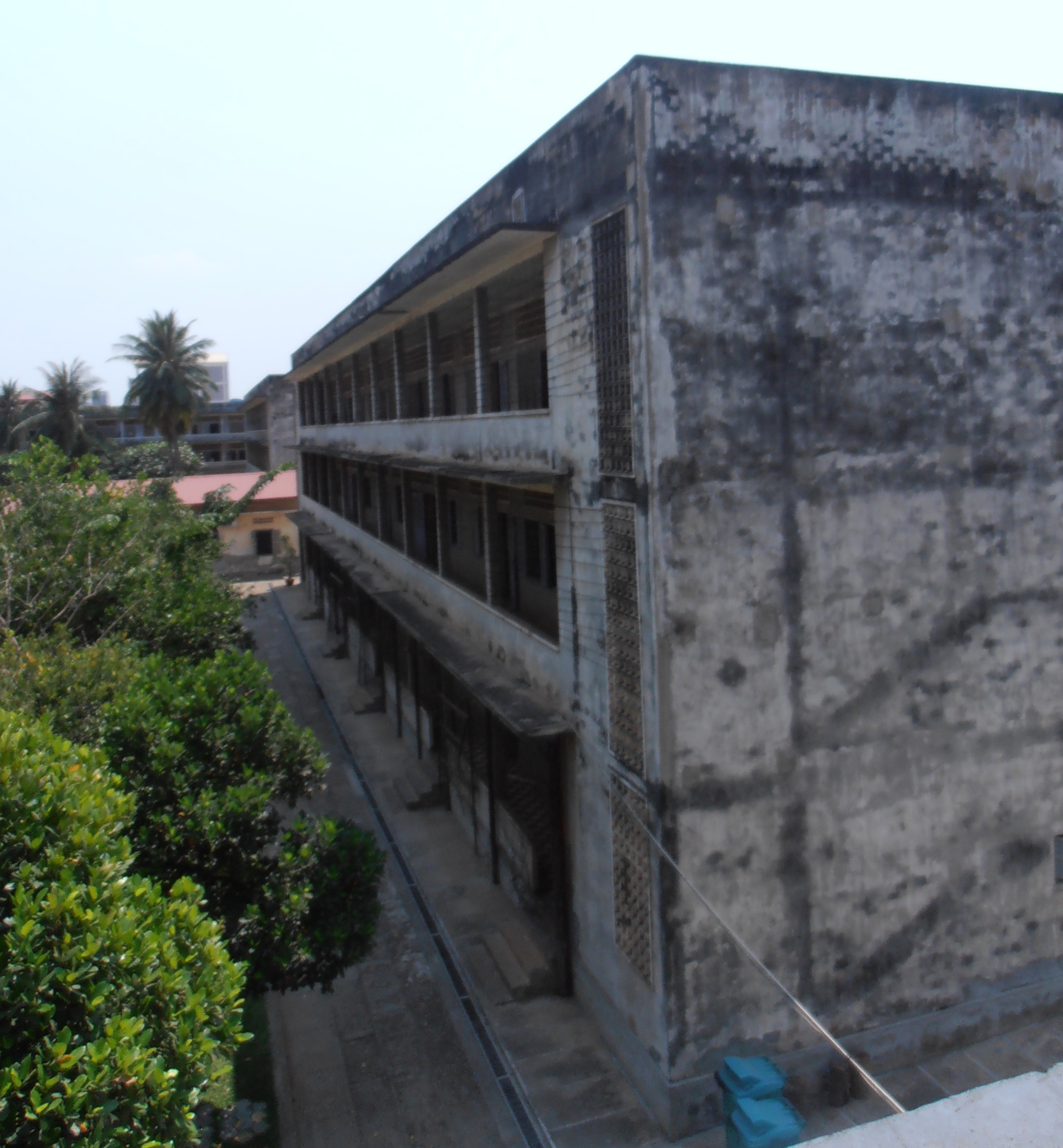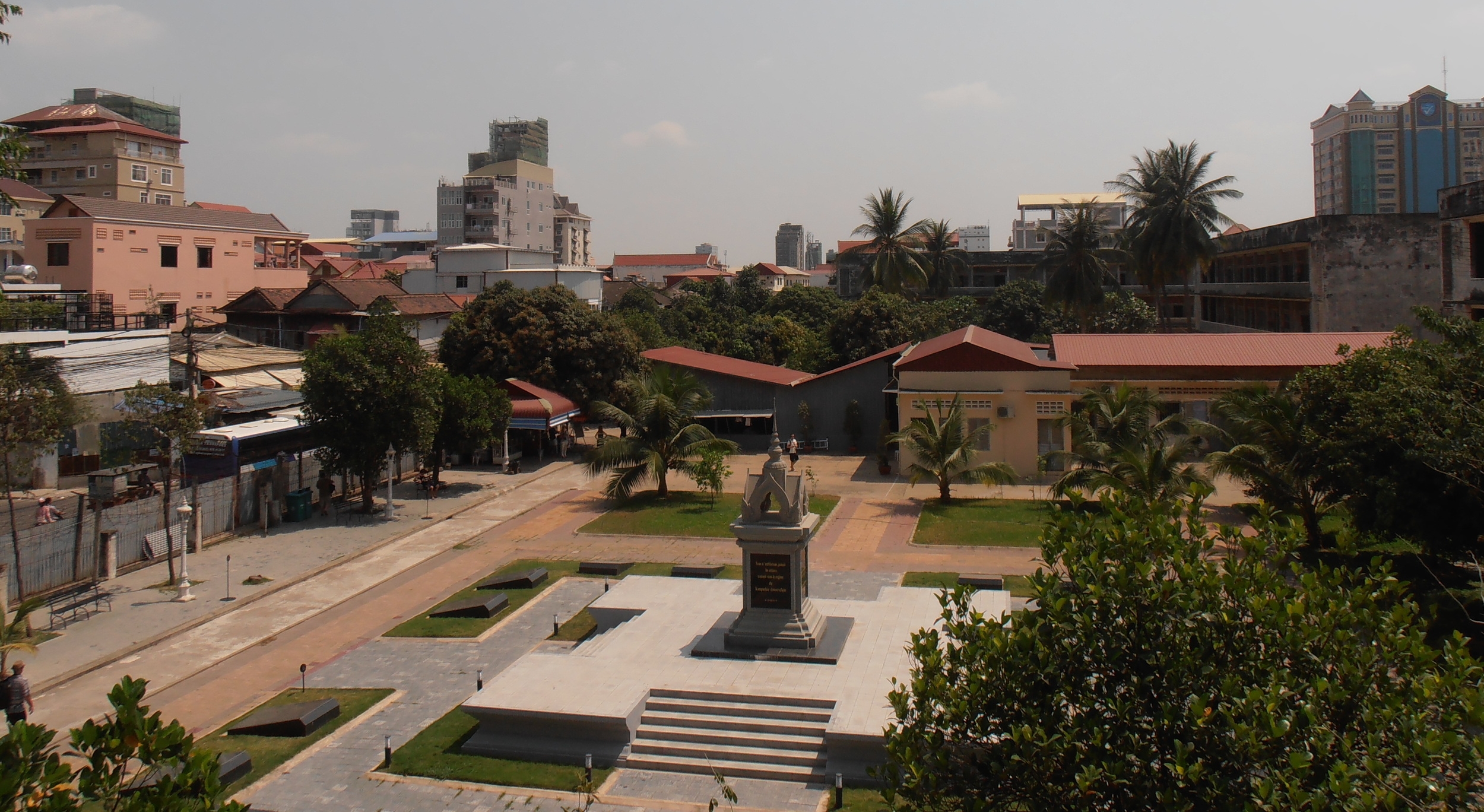Some places fill your pores with a sense of memory, foreboding and wariness. Cheong Ek Genocide Memorial, located approximately 15 KM from Phnom Penh is one of many killing fields within Cambodia. Tuol Sleng - Site 21 was a site of imprisonment, torture, and murder located in Phnom Penh. Both are reminders of man's capacity to espouse a hateful rhetoric and afflict horrendous acts upon fellow citizens in the name of ethnicity, religion, profession, and political affiliation. Male, female, young, old - no one was immune from being deemed an enemy of Cambodia and the Khmer regime. Pol Pot came to power as the General Secretary of the Communist Party of Kampuchea giving rise to the Khmer regime. For the Cambodian people this rise to power represented an onset of fear, terror, and genocide within the country. The horrors of surviving this time period where between 1.5 and 2.5 million people are tortured and murdered affects a people, affects us all, really.
Both sites have signs posted to remain quiet but the signs were unneccessary - my experience while there was of silence except for birds in the trees and chickens roaming the property. Walking both sites evoked a seriousness and a sober-ness. Watching others process, observe, react, cry, leave a room, turn away - somehow observing even in hindsight affects us individually and collectively. I didn't take a lot of pictures at either site - both felt like sacred ground, like places to be still.
The Memorial Buddhist Shupa at Cheong Ek is multiple stories high acrylic sides with the lowest level including clothes at the site, next levels include over 5000 human skulls, and the upper levels including other bones - all found at this killing field.
Signs of beauty and life around the Killing Fields.
Tuol Sleng site...
Reflections
1975-1979 - Where were you? What were you doing during these years? I finished 8th grade and went to high school - meanwhile, seemingly a world away Pol Pot arose to power. One account indicated that within 3 hours of taking power, people were being excised from Phnom Penh. The horrors of surviving a time period where between 1.5 and 2.5 million people are tortured and murdered affects a people, affects us all really. Only 40 years ago! We're not talking ancient history - within our lifetime! I found myself concerned at how powerful a leader's ideologies are in influencing a nation to ill effect. Some thoughts on leadership:
A leaders's actions and communicated ideologies are derived from his or her deeply held values and worldview.
Those with horrific ideologies believe they are 'right' and represent what's 'good' for a country and her people.
A authoritarian leader may ~seem~ as though they have the common good at the root of their message and eloquently communicate this sense manipulating people to believe they have people's best interests at heart.
People (some) will follow and enact an authoritarian ideology focused on difference and perceived categories (nationality, ethnic, race, gender, profession, religion...). For those who inflicted torture and who murdered, I wonder if afterwards in their life there was remorse, a sense of oh my gosh what have I done...
A regime's first act is to categorize, divide, and exclude people (those for the Regime, those who are not) and to communicate that division, always accompanied by secrecy, fear methods (imprisonment, torture, death), and destruction of cultural artifacts, those things that connect a people one to another.
Once a regime and its methods get established, the system of abuse, torture, and murder instill a fear and a systematization that can be maintained for a while.
Regimes meticulously document their actions through record keeping, logbooks, and photographs. There were rooms at Site 21 filled with photographs of those who were housed there.
Time reveals the truth and extent of a leader's actions, but while it's happening it may be unclear the extent of the horror. However - words are precursors to action and/or provide clues that we should be wary of (exclusion, boundary setting, hateful rhetoric, gross generalizations or categorizations), etc.
Hope. Despite a horrific history and collective memories around that history, people trust again, they live a hopeful life, and can go on.
References
Cheong Ek Genocide Memorial http://www.cekillingfield.org/index.php/en/
Tuol Sleng http://www.tuolsleng.com/
Time Magazine The Legacy of PolPot: A Photographic Record of Mass Murder. http://content.time.com/time/photogallery/0,29307,1948150_20http://www.tuolsleng.com/13738,00.html


